the importance of chemistry in our daily lives
Importance of chemistry
Chemistry is the science that studies both the composition, structure and properties of matter and the changes it undergoes during chemical reactions and their relationship with energy. It is defined, meanwhile, by Linus Pauling, as the science that studies substances, their structure (types and forms of accommodation of atoms), their properties and the reactions that transform them into other substances with reference to time.
Chemistry is part of our life because it is present in all the fundamental aspects of our daily life (what we do every day, voluntarily or involuntarily). The quality of life that we can achieve is due to the scope and discoveries that the study of applied chemistry has given us. The variety and quality of personal care products, canned foods, computer circuits, the television screen, the colors of the houses, the cold of the refrigerator and the beauty of a face exist and improve thanks to the study of Chemistry.
Chemistry is an active and constantly growing science, whose importance is vital in our world. It is present in practically all the activities of our daily life. For example, when we eat, food provides us with energy that is produced through different chemical reactions within our cells. We use this energy to run, play, study and work, among other activities.
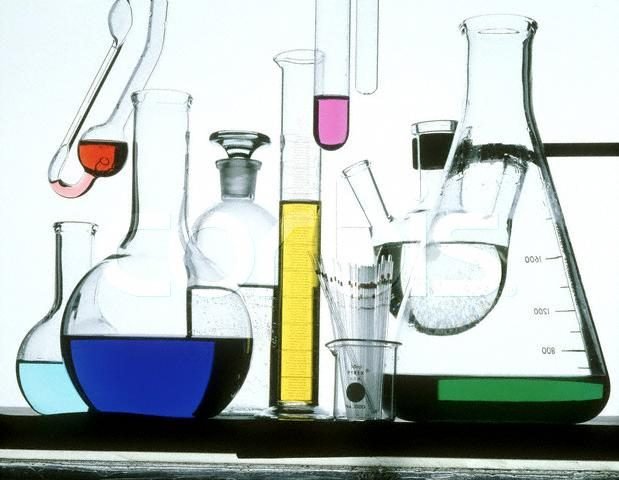
In recent decades, the importance of chemistry has been as growing as in the last 4000 years. Progress grows rapidly and each time, we know more about the structure of all things.
All processes that occur on our planet have their importance based on chemistry. From the largest, like the heat of the sun, to the smallest of the atoms that moves inside our nose. The leaves of the plants manage to convert the carbon dioxide into oxygen, in turn the plants are the main substrate on which the current pharmacopoeia is based and have been the drugs used since the beginning of time.
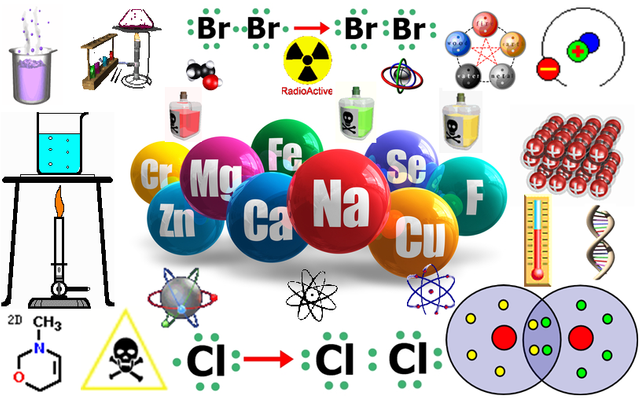
The importance of organic chemistry
Everything in our body is moved by mechanisms based on the importance of chemistry. We still do not know exactly how our body works, so perfect, so synchronized, that it allows millions of cells to move in unison like a gigantic well-directed orchestra. The vitamins, the hormones, the amino acids that travel through each of the regions of our body. Every discovery of organic chemistry gives us a little light, but it gives us thousands of new questions and new questions to solve. Far from knowing us, we are realizing that the more we know, the more we know we do not know.
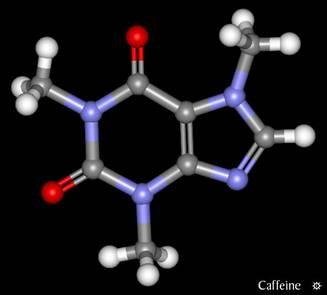
In which area the chemistry has more importance
Chemistry in itself is a science that supports other sciences and that is why its importance will be measured in terms of the study we are doing and the needs that at that moment the human being considers a priority.
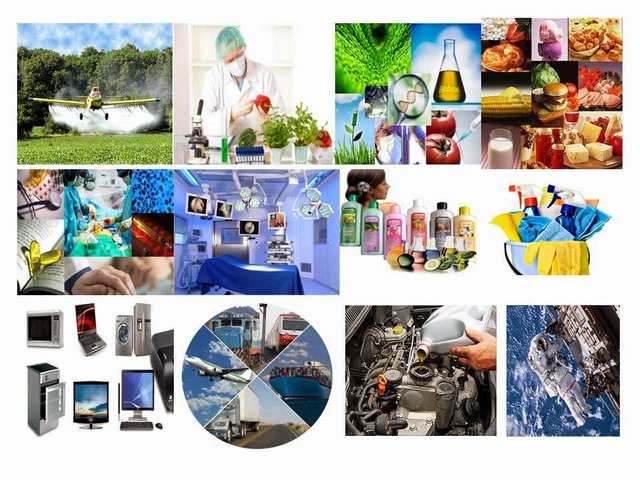
1- Chemistry and medicine Most medicines are made of organic materials, so medicine, understood as a study area, is closely related to organic chemistry. Antibiotics, medicines for cancer, analgesics and anesthesia are some of the medicines made from organic matter.
2- Chemistry and food Foods are made of carbon, object of study of organic chemistry. Carbohydrates are the most obvious example of the chemical composition of foods.
3- Chemistry and sterilizing agents Most sterilizing agents, such as phenol and formaldehyde, are composed of carbon, an element studied by organic chemistry. These carbon-based sterilants are effective in killing bacteria and other microbes.
4- Chemistry and economics Many of the carbon compounds, such as diamond, graphite and petroleum are considered to be of great value. Diamond and graphite are pure carbon without any other internal element and both have a wide variety of uses and are also very expensive. For its part, oil is one of the most valuable resources in the world and, economically, it is one of the most influential. This can be transformed through various chemical processes to generate other resources that human beings might need, such as gasoline, tires, among others. In this sense, chemistry is very useful in the oil industry, since through this science processes can be developed to transform oil and make the most of this resource.
5- Chemistry and agriculture Fertilizers are organic or inorganic chemicals that are added to the soil to provide them with the necessary nutrients to be productive. Some studies carried out in the field of agriculture show that the use of commercial fertilizers can increase agricultural production by up to 60%. That is why currently, agriculture depends on scientific advances, mainly in the area of chemistry, as they allow production to be optimized. Fertilizers, both organic and inorganic, maximize agricultural production if used in the right amounts. However, organic products have a higher concentration of chemicals needed for plant growth.
6- Chemistry and biology Biology coincides with chemistry in the study of structures at the molecular level. In the same way, the principles of chemistry are useful in cell biology because cells are composed of chemical substances. At the same time, within an organism multiple chemical processes are produced, such as digestion, respiration, photosynthesis in plants, among others.
7- The chemical ecology The chemical ecology is an interdisciplinary area of
research between chemistry and biology that studies the chemical mechanisms that control the interactions between living beings. All organisms use chemical "signals" to transmit information, which is known as the "chemical language," the oldest communication system. In this sense, the chemical ecology is in charge of identifying and synthesizing the substances that are used to transmit this information.
8- Biochemistry Biochemistry is a branch of science that is responsible for studying the chemical processes that occur within a living being or that are related to it.
Biochemistry This science focuses on the cellular level, studying the processes that occur within cells and the molecules that produce them, such as lipids, carbohydrates and proteins.
9- Chemistry and biotechnology the goal of biotechnology is the development of new technologies through the study of biological and chemical processes, organisms and cells and their components. Biotechnological products are useful in various fields, including agriculture, industry and medicine. Biotechnology is divided into three areas:
• Red biotechnology
• Green biotechnology
• White biotechnology
10- Chemical engineering Chemical engineering is a branch of engineering that is responsible for studying the ways in which the raw material is transformed to create useful and marketable products.
This branch of engineering involves the study of the properties of these materials to understand which processes should be used in the transformation of each of these materials and what would be the best way to take advantage of them. Chemical engineering also includes controlling pollution levels, protecting the environment and conserving energy, and plays an important role in the development of renewable energies.
It constitutes an interdiscipline, since it is based on physics, mathematics, biological sciences, economics and, of course, chemistry.

https://www.lifeder.com/importancia-quimica/
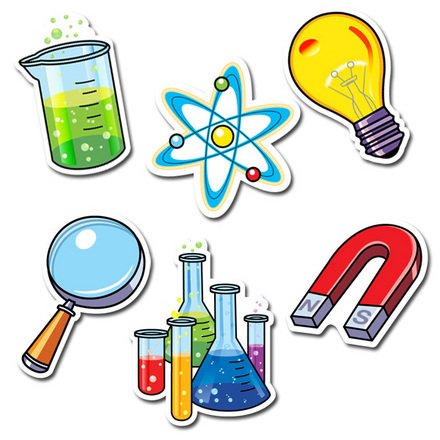
Great post! Especially the last part about chemical engineering!
Especially the last part about chemical engineering. Good job!